Introduction
Known as the “Heroic Lion” in Turkish, Sultan Alp Arslan was one of the most important leaders of the Seljuk Empire. During his rule, which lasted from 1063 to 1072 CE, the Seljuk Empire expanded and solidified, laying the groundwork for its heyday.
Alp Arslan, who was well-known for his military prowess and administrative acumen, was instrumental in determining the political climate of the Middle East and Central Asia in the eleventh century. This essay examines his life, accomplishments, and the effects of his reign on the Islamic world at large as well as the Seljuk Empire.
Sultan Alp Arslan: The Conqueror of the Seljuk Empire
Early Life and Rise to Power

Born into a famous Seljuk family, Alp Arslan (originally named Muhammad bin Dawud Chaghri) was born in 1029 CE. Under the direction of Alp Arslan’s father, Chaghri Beg, and his grandfather, Seljuk Beg, the Oghuz Turks, the Seljuks had become powerful.
After becoming vassals of the Ghaznavid Empire, the Seljuks quickly gained their independence and carved out a territory that included parts of modern-day Afghanistan, Turkmenistan, and Iran.
Growing up, Alp Arslan experienced intense political and military turmoil. He received a great deal of leadership and military expertise from his father. Alp Arslan acquired the governorship of Khorasan, one of the most significant provinces of the newly formed Seljuk kingdom, upon his father’s death in 1059.
When his uncle, Tughril Beg, the first sultan of the Seljuk Empire, passed away in 1063 without leaving a successor, his ascent to power was further solidified. Alp Arslan had to defeat opponents and solidify his position using both military might and diplomacy in order to ascend to the sultanate.
Military Campaigns and Expansion
Alp Arslan’s expansion of the Seljuk Empire is one of his most important accomplishments. His military campaigns were notable for their strategic acumen and skillful application of cavalry, which is a staple of Turkic combat.
The Conquest of Armenia and Georgia
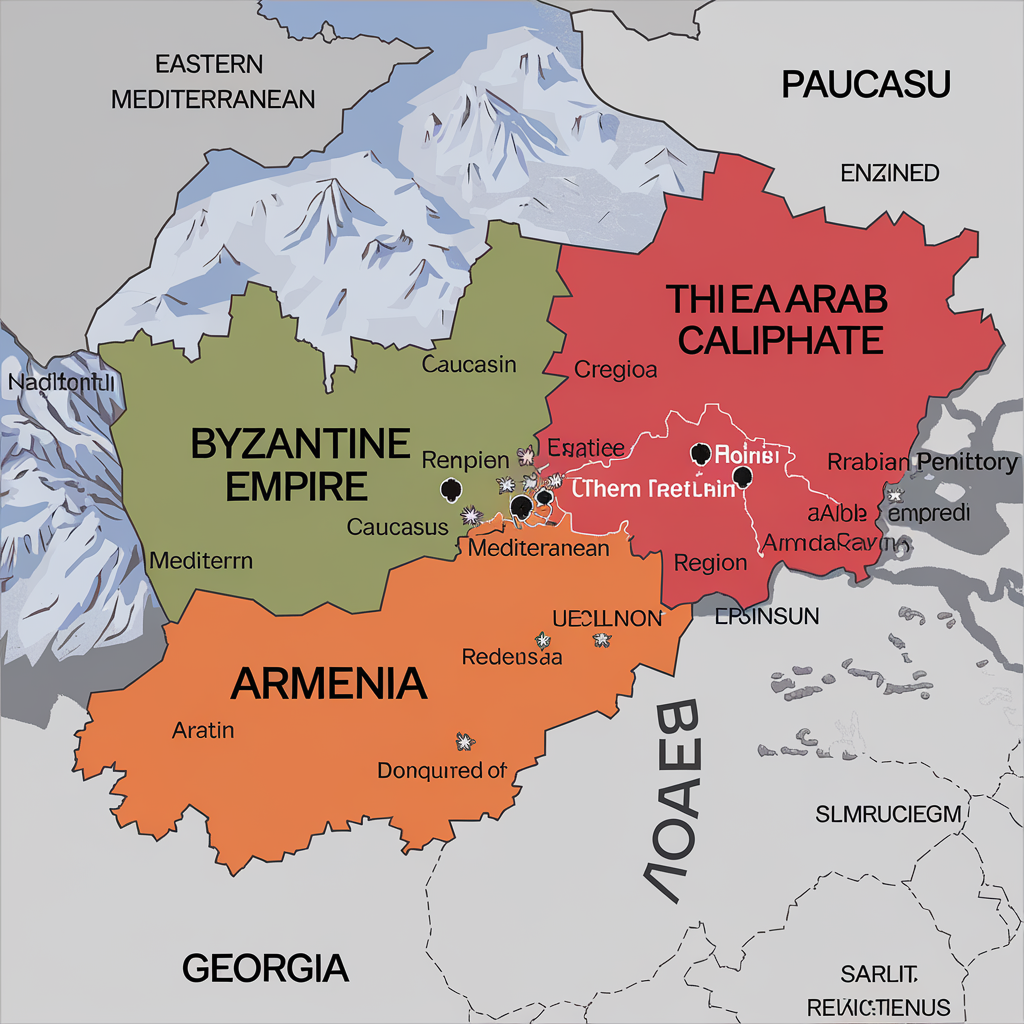
Alp Arslan launched an offensive against the Georgian and Armenian Christian kingdoms in 1064. Because they served as a barrier between the Muslim world and the Christian Byzantine Empire, these areas were strategically significant.
Conquering the Armenian city of Ani, often known as the “City of a Thousand Churches,” was a noteworthy triumph. This conquest proved Alp Arslan’s capacity to conduct victorious sieges and include a variety of populations into his empire, in addition to securing the northern borders of the Seljuk Empire.
The Battle of Manzikert
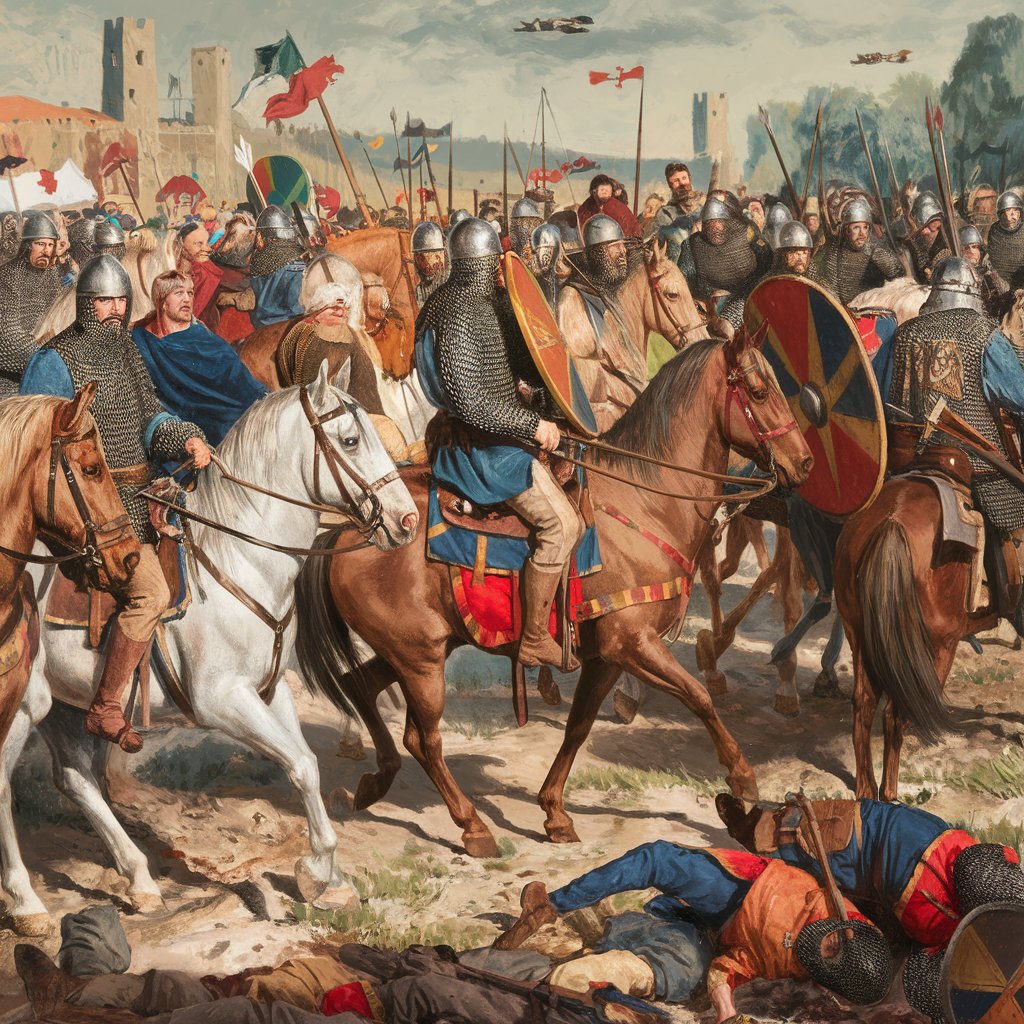
The most well-known incident from Alp Arslan’s rule is perhaps the Battle of Manzikert in 1071. Near the town of Manzikert (modern-day Malazgirt in Turkey), Alp Arslan’s soldiers encountered the army of Emperor Romanos IV Diogenes, who was facing the Byzantine Empire, the region’s dominant Christian power.
The Seljuks won decisively because of Alp Arslan’s tactical skill despite being outnumbered. Romanos IV, the Emperor, was taken prisoner as the Byzantine army was destroyed. The outcome of this fight changed the balance of power in the Middle East and undermined Byzantine rule over Anatolia, which eventually led to Turkish colonization of the area.
Consolidation of Power
After winning the battle of Manzikert, Alp Arslan concentrated on strengthening his position and bringing stability to the areas under Seljuk rule. He put administrative reforms into place to guarantee effective government and revenue collection.
Alp Arslan was also renowned for his generally accepting attitude toward the various ethnic groups that made up his empire, such as Jews, Christians, and different Muslim sects. This inclusivity promoted stability and success in the economy.
Administrative Reforms and Governance
Alp Arslan’s military prowess was not the only factor in his success as a monarch. His administrative changes were essential to the Seljuk Empire’s survival and stability.
Centralized Administration
The centralization of power was one of Alp Arslan’s most important administrative innovations. He aimed to lessen the power of tribal chiefs and regional governors, who frequently exercised a great deal of autonomy. In order to guarantee greater direct control over the empire’s large lands, Alp Arslan centralized administrative responsibilities and established a bureaucratic organization.
This form of government was necessary to keep the peace and make it easier to collect taxes and resources in an effective manner.
The Iqta System
The Iqta system—a kind of feudalism modified for Islamic government—was one of the key components of Alp Arslan’s administrative strategy. In exchange for their services to the state, military leaders and bureaucrats received land under this arrangement.
The sultan had the authority to transfer these land gifts, or Iqtas, as they were not inherited. This strategy guaranteed a consistent supply of soldiers for the empire’s security and growth while also assisting in retaining the allegiance of the military elite. It also promoted local government and development, which increased agricultural output and economic stability.
Judicial and Educational Reforms

Alp Arslan also had a significant impact on the Seljuk Empire’s legal and educational systems. In order to train future administrators and academics, he supported the founding of madrasas, or Islamic schools. These establishments produced numerous distinguished scholars and contributed to the Islamic Golden Age, playing a vital role in the intellectual and cultural life of the Islamic world.
Regarding the judiciary, Alp Arslan upheld Sharia law while also honoring the traditions and customs of the various peoples that made up his empire. His pragmatist approach to governing, coupled with his dedication to justice, served to both legitimate his rule and guarantee the allegiance of his subjects.
Diplomatic Relations
Alp Arslan’s reign was distinguished by both military conquests and cunning diplomacy. He understood that in order to protect the borders and power of the Seljuk Empire, alliances had to be formed and maintained.
Relations with the Abbasid Caliphate
It was vitally important that the Abbasid Caliphate and the Seljuk Empire get along. The Seljuks first came to prominence in Baghdad as defenders of the Abbasid caliphs. Alp Arslan carried on with this program, understanding the caliphate’s religious and symbolic importance.
Alp Arslan strengthened his legitimacy as a Muslim monarch and won the caliphs’ support for his conquests and leadership by keeping a strong partnership with the Abbasid caliphs.
Treaties with Neighboring States
Alp Arslan also endeavored to establish diplomatic ties with nearby nations, such as the Byzantine Empire and the Fatimid Caliphate in Egypt. Though Alp Arslan’s victory at Manzikert severely undermined Byzantine power, he approached diplomacy with pragmatism.
He understood that keeping the peace on some fronts allowed him to concentrate on other areas of growth and consolidation, so he negotiated treaties and truces when it was advantageous.
Cultural and Intellectual Contributions
Under Alp Arslan’s leadership, the Seljuk Empire was a hub for intellectual and artistic pursuits in addition to being a political and military force. The flowering of Islamic culture and scholarship was facilitated by Alp Arslan’s support of intellectuals, poets, and artists.
Promotion of Scholarship and Learning
Support for madrasas by Alp Arslan was vital to the development of Islamic scholarship. These establishments developed into centers of learning where people studied everything from astronomy and mathematics to theology and law. His vizier Nizam al-Mulk founded the Nizamiyya madrasas, which rose to prominence and served as models for similar establishments around the Islamic world.
Architectural Achievements
The Seljuk era is renowned for its innovative architecture as well. Many mosques, madrasas, and caravanserais—inns for travelers and merchants—were built during Alp Arslan’s reign. In addition to its religious and educational functions, these buildings promoted trade and commerce, which boosted the empire’s economy.
The creative structural designs, calligraphy, and complex geometric patterns employed in Seljuk building left a lasting impression on Islamic art and architecture.
Legacy and Impact
The legacy of Sultan Alp Arslan is complex and includes his cultural contributions, administrative improvements, and military conquests. His rule had a profound impact on Islamic history and established the groundwork for the Seljuk Empire’s hegemony in the Middle East.
The Seljuk Empire’s Golden Age
The successful expansion and consolidation efforts of Alp Arslan prepared the way for the golden age of the Seljuk Empire, which was led by his son Malik Shah I. Alp Arslan’s rule brought stability and wealth, which enabled Malik Shah to expand the empire and bring forth advances in science, culture, and governance.
The Seljuk Empire rose to prominence in the Islamic world, controlling a sizable region that comprised portions of modern-day Iran, Iraq, Syria, and Anatolia.
Influence on Subsequent Islamic Dynasties
The Islamic dynasties that followed Alp Arslan’s military and administrative tactics. Specifically, the Iqta system served as a template for other Muslim nations such as the Ottomans and Mamluks. His method of governing, which struck a balance between local autonomy and central power, had an impact on the administrative procedures of succeeding empires.
Cultural and Intellectual Legacy
With Alp Arslan’s sponsorship, the Seljuk period’s artistic and intellectual accomplishments had a lasting impression on Islamic civilization. The rich intellectual legacy of the Islamic Golden Age was influenced by the blossoming of learning, especially in the madrasas.
The Seljuks’ architectural innovations also had a lasting impact on the Islamic world, shaping mosque, madrasa, and other building designs for centuries to come.
Conclusion
A significant turning point in the history of the Seljuk Empire and the larger Islamic world occurred during Sultan Alp Arslan’s reign. His legacy was created by his administrative innovations, cultural and educational support, and military might, and it persisted long after his passing.
His strategic brilliance is best demonstrated by the Battle of Manzikert, which had a significant impact on the balance of power in the area. Alp Arslan had a lasting influence on the history of the Middle East and Central Asia through his contributions to construction, education, and government. These endeavors contributed to mold the course of Islamic civilization.

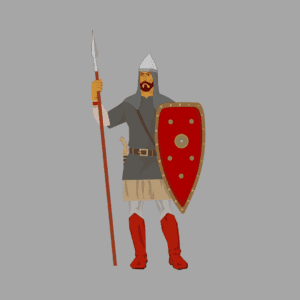


































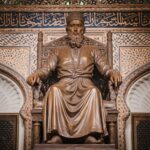
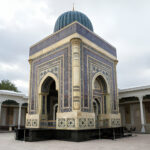
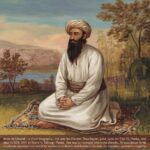




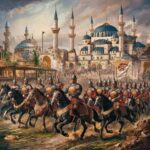
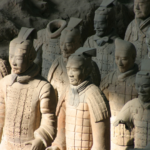
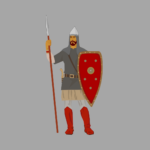
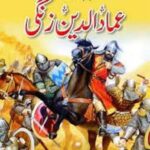
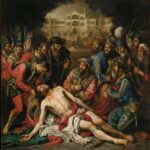
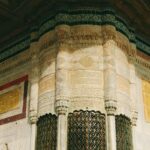

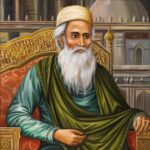









Лечение травм зубов без страха и боли: ваш комфорт – наш приоритет
травма зуба стоматология [url=http://www.ushib-zuba.ru/]http://www.ushib-zuba.ru/[/url] .
Секреты успешного оформления больничного: шаблоны и рекомендации
больничный лист купить официально цена [url=http://www.bolnichnyj-list-495.ru]http://www.bolnichnyj-list-495.ru[/url] .
Жилье в Крыму: удобство, качество и доступные цены
жилье в крыму [url=https://www.otdyh-v-krimy.ru]https://www.otdyh-v-krimy.ru[/url] .
Услуги сантехника: ремонт и обслуживание систем водоснабжения и водоотведения
сантехник на дом спб [url=http://uslugi-santekhnika-1.ru/]http://uslugi-santekhnika-1.ru/[/url] .
Профессиональный сантехник для дома – решение всех проблем
вызвать сантехника [url=https://vyzov-santekhnika1.ru]https://vyzov-santekhnika1.ru[/url] .
Комбинезоны одноразовые для сельского хозяйства: защита от грязи и вредных веществ
Неткол [url=odnorazovie-halatyi.ru]odnorazovie-halatyi.ru[/url] .
Нетканое полотно – универсальное решение для вашего бизнеса
Пакеты майка [url=odnorazovie-halatyi.ru]odnorazovie-halatyi.ru[/url] .
Профессиональные услуги сантехника: от монтажа до ремонта
установка унитаза цена за работу [url=http://www.vyzov-santekhnika-2.ru/ustanovka-unitaza]http://www.vyzov-santekhnika-2.ru/ustanovka-unitaza[/url] .
Сантехнические работы на дому – Комплексный подход и гарантия
услуги сантехника в спб https://www.vyzov-santekhnika78.ru/ .
Сантехнические услуги высокого класса: ваш дом в порядке
замена труб водоснабжения [url=https://www.vyzov-santekhnika01.ru/zamena-trub]https://www.vyzov-santekhnika01.ru/zamena-trub[/url] .
Клининг для строительных и ремонтных объектов в Москве
услуги клининга [url=https://kliningovaya-companya-v-moskve.ru/]https://kliningovaya-companya-v-moskve.ru/[/url] .
Доставка элитного алкоголя: для тех, кто ценит качество
как заказать алкоголь через интернет с доставкой https://www.dostavka-alkogolya-moskva.ru .
Оформление новых займов онлайн: Как выбрать лучшее предложение
новые займы должникам [url=https://novie-zajmy.ru/]https://novie-zajmy.ru/[/url] .
Вывод из запоя круглосуточно в СПб: мы поможем в любое время
вывод из запоя недорого http://www.vivod-iz-zapoya-79.ru .